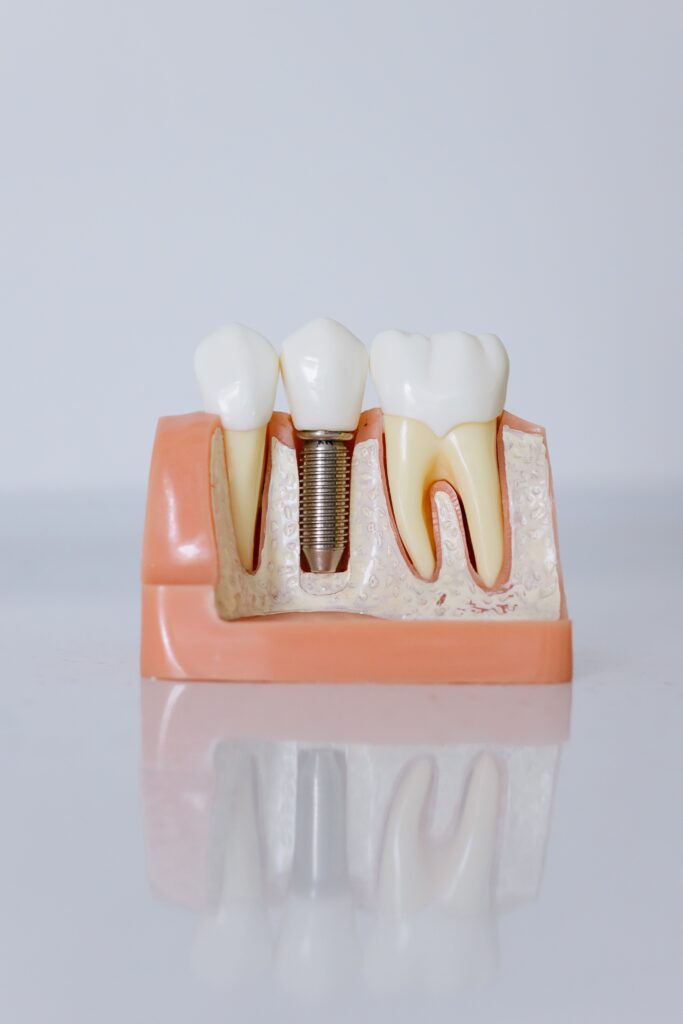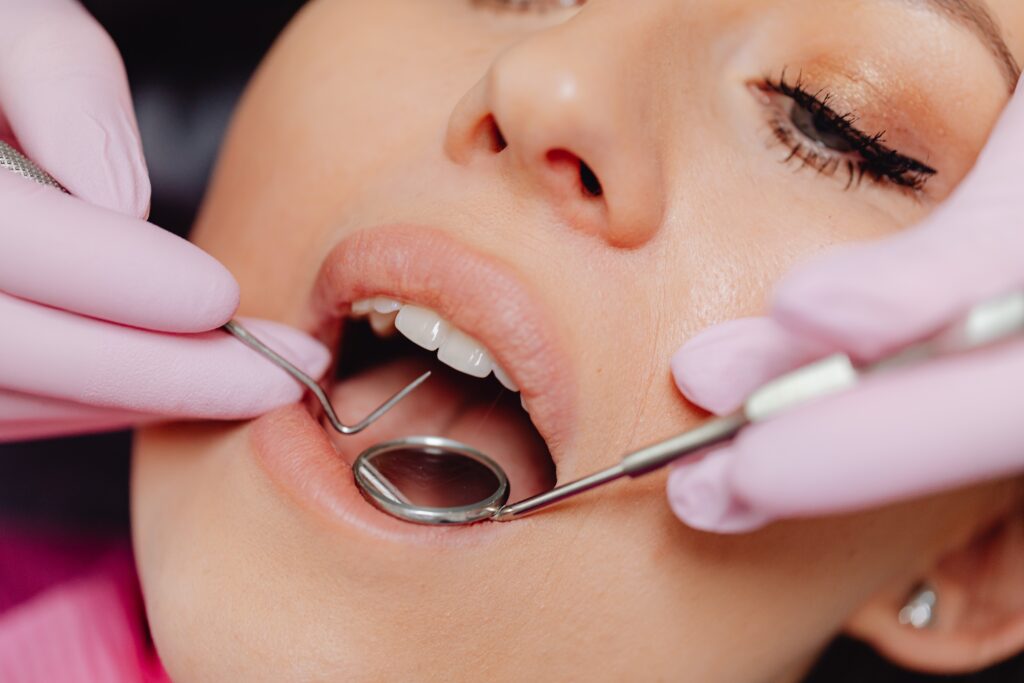An extraction is also known as an “impacted tooth” or “crowned tooth”. It’s a dental procedure that involves the removal of a tooth due to decay, damage, or other factors. An extraction can be performed on any of your teeth, but it’s most commonly performed on your molars and wisdom teeth. An extraction can be necessary for many reasons. If you have cavities in your molars, for example, an impacted wisdom tooth is more likely to grow into them and create additional issues. Since the roots are shorter with these teeth, they are more susceptible to periodontal disease and may be too close to the nerve for comfort. This makes them a good candidate for extraction as opposed to crowning or root canal treatment.

What Is Involved In An Extraction?
An extraction procedure is the removal of the tooth’s root. It can be performed using a local anesthetic, general anesthetic, or no anesthesia. When the tooth’s root has been removed, the gum tissue will naturally shrink back, leaving a space in the mouth that needs to be addressed. This can be done by placing a dental implant, tooth-shaped artificial tooth, or a bridge that connects two teeth.
If a tooth is extracted due to an infection, the dentist will first have to clean and dry the area, collect a sample from the tooth and send it to the lab to test for bacteria. Once it’s confirmed that it’s an infection, antibiotics will be prescribed. If the infected tooth is not pulled, the infection will travel through the gum and spread to other parts of the body.
Will I Be In Pain After the Procedure?
After the procedure, the area around the extraction site may be a bit swollen, and you might have some pain. The sensitivity of the tooth will be reduced and the inflamed area will be less painful as the swelling goes down. Take ibuprofen or acetaminophen to ease any discomfort, and avoid hard food or hot liquids for a few days. Limit the amount of talking you do, and apply a cold or warm compress to the area. If the pain becomes unbearable or you notice increased swelling in the next 48 hours, contact your dentist. The extraction site will continue to heal for several weeks. Be sure to visit your dentist for follow-up examinations, and avoid brushing the extraction site too soon after the procedure.

Why Are Extractions Advised?
When a tooth is extracted, the surrounding teeth will become misaligned and possibly make room for other oral diseases. An extraction is a treatment option in cases where the tooth is unlikely to ever be repaired or fully functional again. Part of the treatment may involve placing a dental implant or a bridge to replace the extracted tooth. If you have a tooth with decay, an infection, or any other problem that can’t be treated, the only option left is extraction.
You may also need to have a tooth extracted if it doesn’t meet the standards for tooth replacement like a dental implant. If you experience pain in your tooth or if you notice any changes in its structure, it’s important that you visit your dentist as soon as possible. These can be signs of infection or other issues that can be resolved with a root canal or extraction.
Reasons for Extractions
There are many reasons why a tooth extraction might be necessary. Here are a few of the most common:
– Cavities – If a tooth has a large cavity, it might be difficult to clean properly. Instead of living with the constant pain of an infected tooth, tooth extraction may be recommended.
– Dental Bridges – If you have a tooth that’s been badly damaged due to decay or injury, a dental bridge could be an option to repair the tooth. However, if the damage is too extensive, the bridge might not be a suitable solution.
– Dental Implants – If you have lost a tooth, you have the option of a dental implant to replace the tooth. However, if the tooth must be removed due to decay, infection, or other reasons, the implant might not be viable.
– Excessive Tooth Wear – If you have worn teeth, they could eventually break or chip to the point of needing extraction. If you grind your teeth as you sleep, you are at risk for this type of tooth damage.
– Genetics – Some teeth are more likely to be extracted than others.

How Do You Know If An Extraction Is Necessary?
Most of the time, an extraction will be necessary if the tooth is infected or beyond repair. If the tooth can be saved, you and your dentist can discuss the best way to do so. The first step is to visit the dentist to determine the source of the infection or other damage. You can also do a few things to determine if an extraction is necessary: – Brushing and flossing regularly – If you don’t clean your teeth regularly, you’re likely to have more cavities and tooth decay. This can become a serious problem that requires extraction. – Visiting your dentist regularly – You should visit your dentist at least once every six months for an examination. – Taking care of your teeth – Make sure you’re following the best dental hygiene practices to keep your teeth healthy.
How to Care for Your Mouth After an Extraction?
Immediately after the extraction, rinse your mouth with water to remove any traces of blood. Avoid eating or drinking anything for the first few hours to give your mouth time to rest. After 24 hours, you can begin to gently brush the area with a soft-bristled toothbrush. Avoid toothpaste for the first 24 hours to give your mouth time to heal. When brushing, be gentle with the extraction area and avoid scrubbing too hard. Avoid chewing on hard or sticky food items to keep the area from re-opening. Try eating softer foods like porridge and oatmeal. You can also place an ice pack on the extraction site to help with swelling.

Conclusion
Remember, the purpose of oral health is to keep your teeth healthy and intact for a lifetime. Although it can be tempting to ignore a less than ideal tooth, it’s important to schedule a dental checkup as soon as you notice a problem. Not only will they be able to identify a dental issue early, but they can also provide treatment.
If you wait too long to address a dental problem, it could become much more serious. If you’re uncomfortable with your oral health, don’t wait for the problem to worsen. Instead, speak with your dentist to determine the best course of action. Although dental issues are never fun, they are an inevitable part of life. By taking care of your teeth and visiting your dentist regularly, you can reduce the risk of complications and keep your teeth for life.
Enjoying our blogs? Be sure to check out other dental blogs here.

